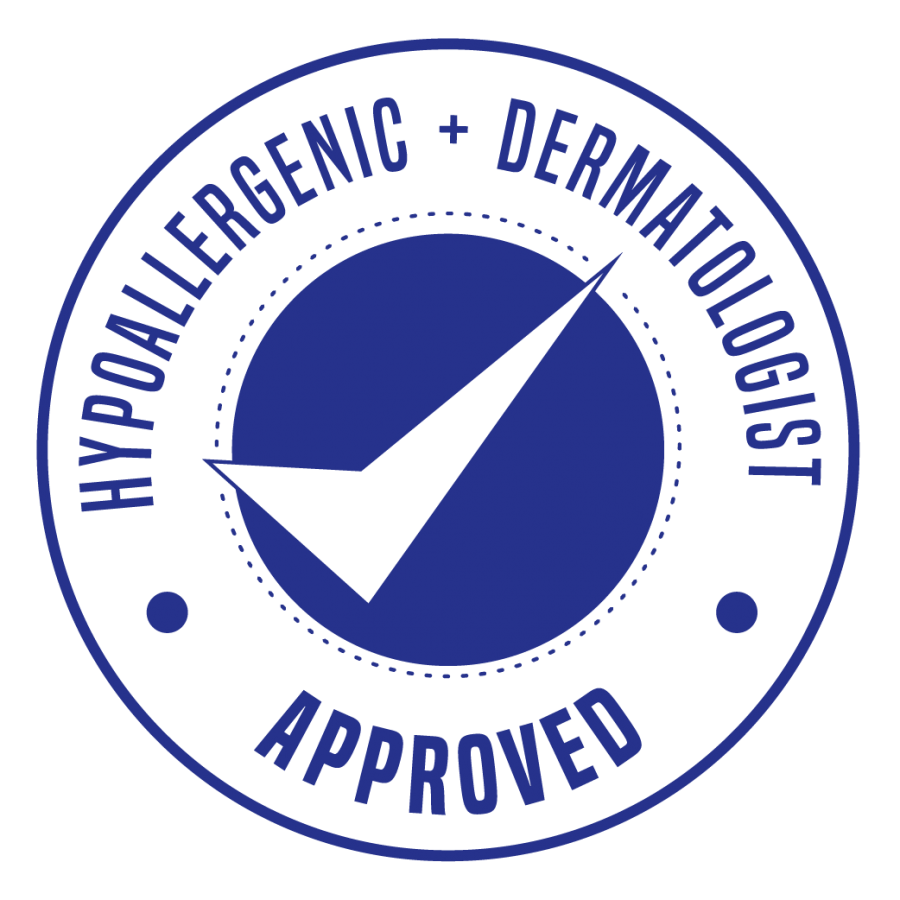From hypoallergenic to dermatologist-approved to miracle products that claim to replace collagen in skin, a study showed that only 18 percent of the 750 claims made in advertising were actually backed up by research.
Here are the four most exaggerated skin care claims, according to skincare and beauty researchers at Adore Cosmetics.
#1 Hypoallergenic
Plain and simple, this is simply an advertising term created to make you think that your skin care product is more sensitive to your skin, but buyer beware. In the 1970s, the United States Food and Drug Administration tried to regulate the term “hypoallergenic” and to require substantial research for such claims, but it really went nowhere. The term hypoallergenic may have considerable market value in promoting skin care products to consumers, but researchers say it has very little meaning. According to the FDA: “There are no federal standards or definitions to govern the use of the term ‘hypoallergenic,’ therefore the term means whatever a particular company wants it to mean.” The FDA debunks the myth even further: “Consumers with hypersensitive skin, and even those with ‘normal’ skin, may be led to believe that these products will be gentler to their skin than non-hypoallergenic cosmetics.” Bottom line? Figure out what works for your skin and stick to it.
#2 Patented Formula
Whether a formula is patented or not makes no difference in how well it works, according to skincare and beauty researchers at Adore Cosmetics. Anyone can patent a formula. The same goes for exclusive, unique or specially formulated. What’s missing among all these claims is that even though it may be patented, there’s no need to prove that it is any more effective than a product that hasn’t been patented or specially formulated.
#3 Dermatologist-Approved or Recommended
It really only takes one dermatologist to approve a product and, most of the time, they’ve only briefly reviewed the ingredients in a product to, according to their opinion, give it a thumbs up based on their knowledge. According to practicaldermatology.com, a large company typically provides four or five independent dermatologists with data for them to review. It is then that they make the claim that their product is dermatologist approved. Dermatologist recommended is typically based on a questionnaire sent to many dermatologists. Who are these dermatologists anyway?
#4 Deep Cleaning
There is no standard definition anywhere that says what constitutes that a product is deep cleaning. How skin care companies make this claim is in their own assessments: by comparing their product to a competitor, using water alone to clean skin, or using one of their older formulas. Sampling groups asked to try a product also are surveyed to assess the “cleanliness” factor of the product. “Did this product make your skin feel cleaner than before you used it?” Voila! Deep cleaning.

